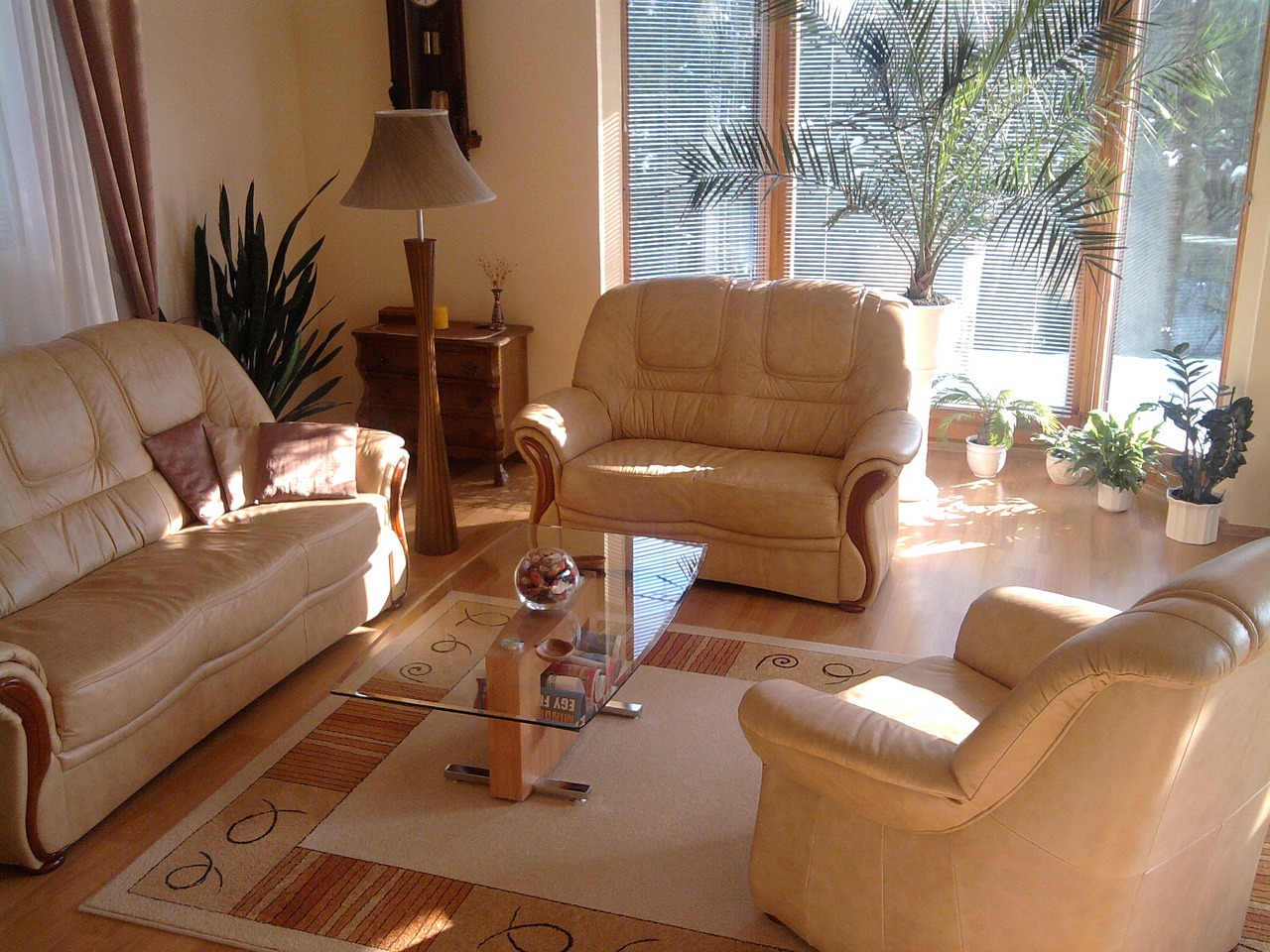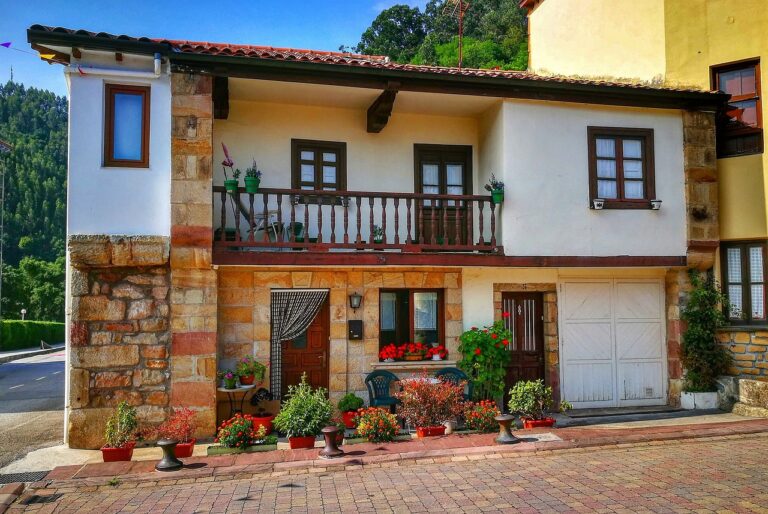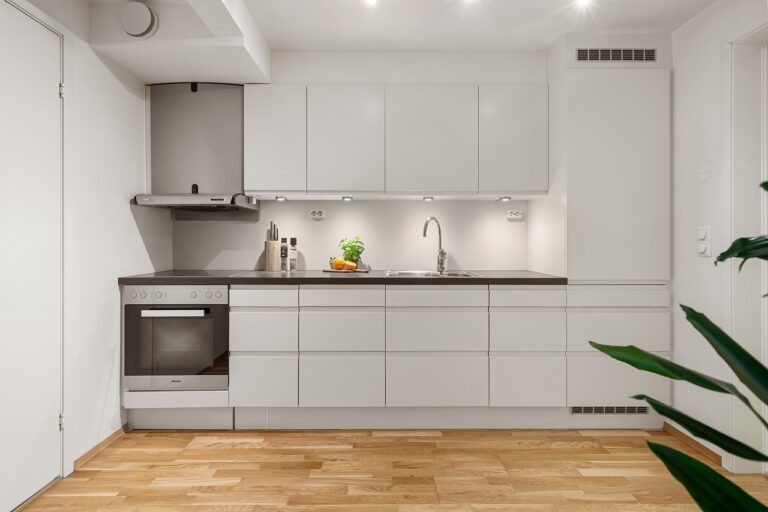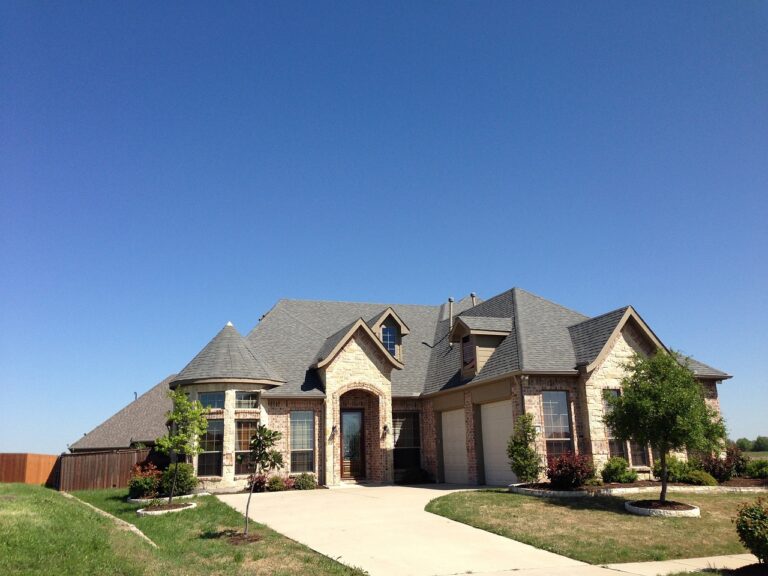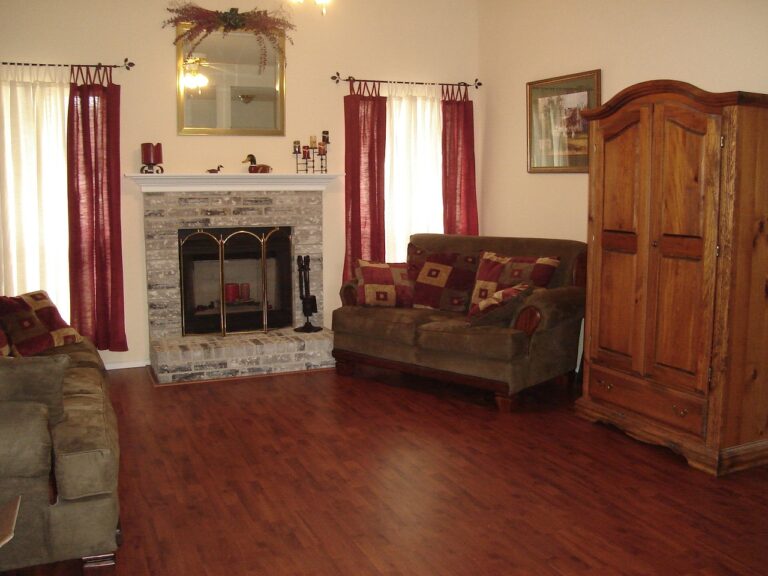Incorporating Smart HVAC Systems for Temperature Control and Energy Savings
Smart HVAC systems utilize cutting-edge technology to regulate the temperature and air quality within a space. These systems are equipped with sensors that detect changes in temperature and humidity levels, allowing them to adjust the heating or cooling output accordingly. By analyzing data on the current environment, smart HVAC systems can optimize their performance to maintain a comfortable indoor atmosphere.
One key component of smart HVAC systems is their connectivity to Wi-Fi networks, enabling remote access and control through mobile devices or computers. This connectivity allows users to adjust temperature settings, monitor energy usage, and receive maintenance alerts from anywhere with an internet connection. Additionally, some smart HVAC systems can learn user preferences over time, adjusting settings automatically to provide personalized comfort while maximizing energy efficiency.
Benefits of Smart HVAC Systems in Temperature Control
Smart HVAC systems offer precise temperature control, allowing users to set specific temperatures for different areas of their homes or buildings. This level of customization ensures that each room can maintain a comfortable environment tailored to individual preferences. By providing consistent and accurate temperature regulation, smart HVAC systems enhance overall comfort and satisfaction for occupants.
Furthermore, the ability of smart HVAC systems to monitor and adjust temperature levels in real-time promotes energy efficiency. These systems can automatically adjust settings based on factors such as occupancy, weather conditions, and time of day, optimizing energy usage without compromising on comfort. As a result, users can enjoy a comfortable indoor environment while also reducing energy consumption and lowering utility costs.
Energy Efficiency: A Key Advantage of Smart HVAC Systems
Smart HVAC systems are revolutionizing the way we control temperature in our homes and businesses. By utilizing advanced technology, these systems can automatically adjust to optimize energy usage based on factors like weather conditions, occupancy patterns, and user preferences. This dynamic capability not only enhances user comfort but also leads to significant energy savings by reducing unnecessary heating and cooling cycles.
One of the key advantages of smart HVAC systems is their ability to adapt and learn over time, continuously improving their efficiency. Through features like learning algorithms and remote access, these systems can analyze usage patterns and make real-time adjustments to maximize energy efficiency. This proactive approach not only reduces energy waste but also helps to lower utility bills, making smart HVAC systems a cost-effective and sustainable choice for modern heating and cooling needs.
• Smart HVAC systems can automatically adjust based on factors like weather conditions, occupancy patterns, and user preferences
• These systems lead to significant energy savings by reducing unnecessary heating and cooling cycles
• Smart HVAC systems have the ability to adapt and learn over time, continuously improving their efficiency
• Features like learning algorithms and remote access allow for real-time adjustments to maximize energy efficiency
• This proactive approach not only reduces energy waste but also helps lower utility bills
What makes smart HVAC systems more energy efficient than traditional systems?
Smart HVAC systems use advanced technology to optimize energy usage based on factors like occupancy, weather conditions, and building insulation, leading to lower energy consumption.
How do smart HVAC systems help in reducing energy costs?
By monitoring and adjusting energy usage in real-time, smart HVAC systems can help reduce energy waste and lower utility bills for homeowners and businesses.
Can smart HVAC systems be integrated with other smart home devices for enhanced energy efficiency?
Yes, smart HVAC systems can be integrated with other smart home devices like thermostats, lighting systems, and smart meters to create a more efficient and connected home environment.
Are there any government incentives for installing energy-efficient HVAC systems?
Yes, many governments and utility companies offer incentives and rebates for installing energy-efficient HVAC systems, as part of efforts to promote sustainability and reduce carbon emissions.
How can I ensure that my smart HVAC system is operating at maximum energy efficiency?
Regular maintenance and monitoring of your smart HVAC system, along with programming it to optimize energy usage based on your specific needs, can help ensure that it operates at maximum energy efficiency.

